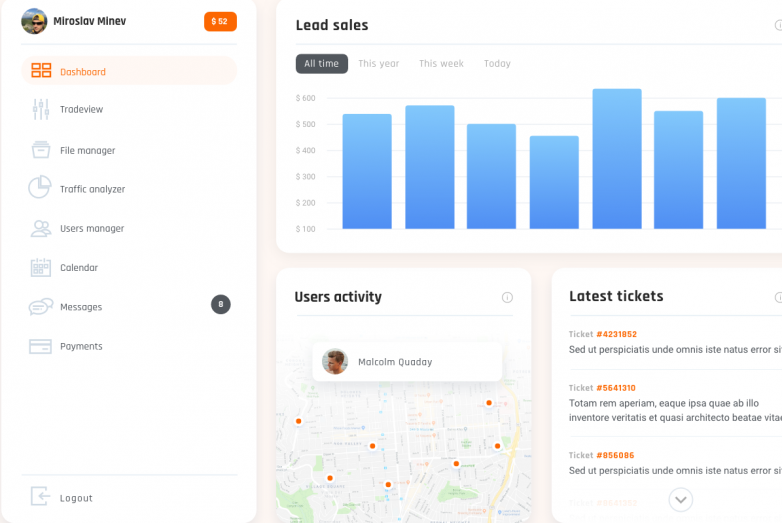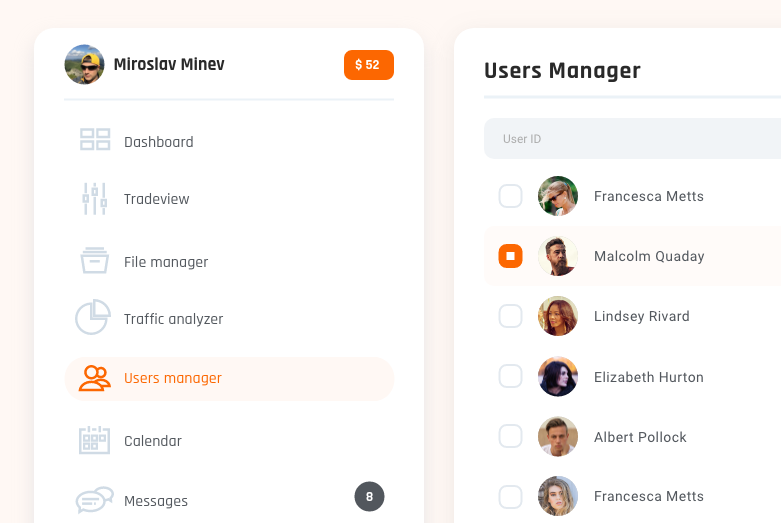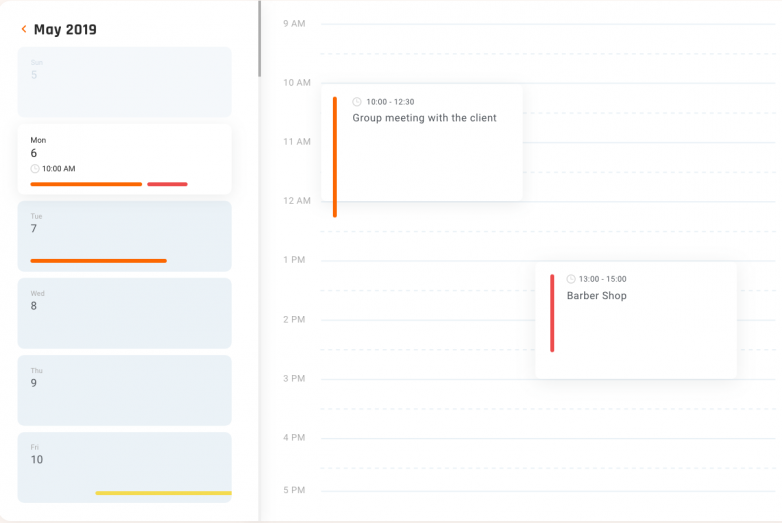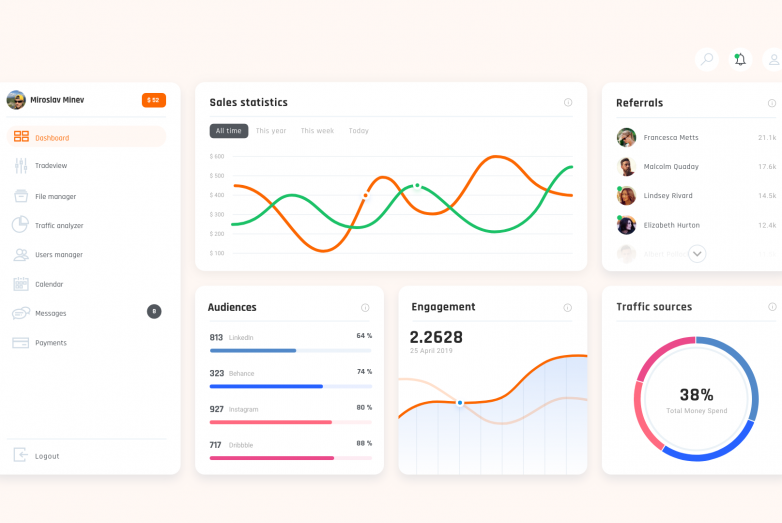
CRM Solutions for Museum
and Cultural Venues
Museums, art galleries, and art exhibition providers can benefit from the remarkable insight a CRM system provides.
Attract visitors with segmented lists based on your most relevant approaches. Leverage native integration with your ticketing system to build an optimized visitor-to-donator workflow and cross-sell capabilities.
OUR CLIENTS
Donations Management
Leverage sales capabilities to identify and nurture donation opportunities. Benefit from donor management and donor privilege program management. Depending on the donation amount, you can create a donator status with more privileges, receptions, or free room rentals. A CRM also provides constituent management (Administrative Council decisions, for instance). The system can support different types of donation, frequencies and forecast revenues, generate invoices, donation receipts, and tax receipts for a fiscal deduction.


Members Experience and Support
Attract, and engage your members with membership management and native segments for membership-level management. Retain your visitors with customer retention strategies a CRM system can provide. Manage your visitor interactions across various communication channels and different levels of support through case management. A CRM platform provides a 360-degree view of members and returning visitors.
Marketing automation
Build relationships by nurturing the flow of your visitors, members, and donors. Create newsletters based on visitor personas. Plan, budget, and execute with events management. Harness the power of lead nurturing to target your potential visitors by consistently and actively managing your leads. With a CRM system, you can track and monitor all of your data with dashboard reporting.


Events Organization
Plan your events and make arrangements promptly with project management and planning. Deal with logistics efficiently to book spaces with inventory management (you can also manage your furniture, equipment, consumables). CRM provides effective staff management for bookings and scheduling the staff you need for different events.
Clients’ Warm Words about Our CRM Consulting Services

“Thanks very much for your great support on this project. It was a pleasure working with you.”
"Thanks Olivier! A big thanks on turning around solutions so quickly in the last couple of weeks for the slight issues we discovered. The team went live with the safety abroad system on Wednesday and I couldn’t be happier!"


